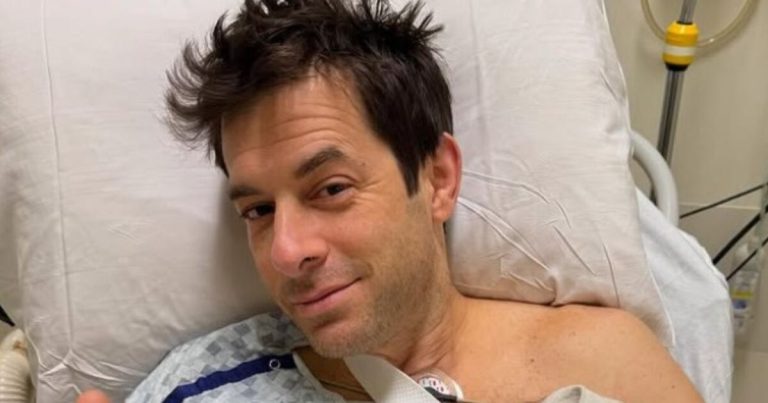
The musician was being sued for copyright infringement.
A jury ruled Thursday that English singer-songwriter Ed Sheeran was not liable in a case where he was accused of copying music chords from Marvin Gaye’s classic “Let’s Get It On” in his 2014 hit song “Thinking Out Loud.”
The verdict in Manhattan federal court caps off a trial in which the popular musician took the stand himself to blast the lawsuit, describing it as “frustrating” and “insulting” because he “works hard” to write his own music. It took jurors 2 hours and 30 minutes to reach their decision Thursday.
Sheeran indicated at one point that if he lost the trial, he would cease writing music.
“If that happens, I’m done – I’m stopping,” he said in court, according to The New York Post.
ED SHEERAN MISSES GRANDMOTHER’S FUNERAL DUE TO COURT PROCEEDINGS

Ed Sheeran could not attend his grandmother Nancy’s funeral Wednesday, May 3, due to copyright trial. (Stephanie Keith / Getty Images)
Sheeran stood up and hugged his legal team after the verdict was reached Thursday.
The copyright infringement lawsuit was brought by the family of singer-songwriter Ed Townsend, who co-wrote Gaye’s song. The lawsuit reportedly seeks $100 million in damages.
While on the stand during the trial, Sheeran was adamant he had come up with the song himself, sparring at times with the plaintiff’s attorney, Keisha Rice, on the subject of “independent creation.”
Attorney Ben Crump, representing heirs of Gaye’s co-writer Ed Townsend, explained that Sheeran combined the songs during a concert at one point. He said merging the song was tantamount to “a confession.”
ED SHEERAN FINDS TRIAL ‘FRUSTRATING’ AND ‘INSULTING,’ SLAMS EXPERT’S ‘HORRIBLE DEPICTION’ OF HIT SONG

Attorney Ben Crump arrives at federal court in New York, on Tuesday, May 2. (AP/Seth Wenig / AP Newsroom)
Addressing the accusation that he copied songs, Sheeran said, “I’d be an idiot to stand on a stage in front of 20,000 people and do that.”
Sheeran also slammed the plaintiff’s music expert during the trial, saying he gave a “horrible depiction” of “Thinking Out Loud.”
“I know he’s wrong because I wrote it myself,” Sheeran said about the song in question.
“If I can be honest, I think what he’s doing here is criminal,” the singer said.

In this courtroom sketch, Ilene Farkas, Ed Sheeran’s attorney, left, questions him as a video of “Thinking Out Loud” plays on screens during the presentation of their case with Judge Louis Stanton presiding, on Monday, May 1, in Manhattan federal cou (AP/Elizabeth Williams / AP Newsroom)
CLICK HERE TO READ MORE ON FOX BUSINESS
Lawyers for Sheeran have maintained his song only uses foundational elements of pop music.
“The two songs share versions of a similar and unprotectable chord progression that was freely available to all songwriters,” the lawyers said in a court filing.
Fox News’ Marta Dhanis contributed to this report.






